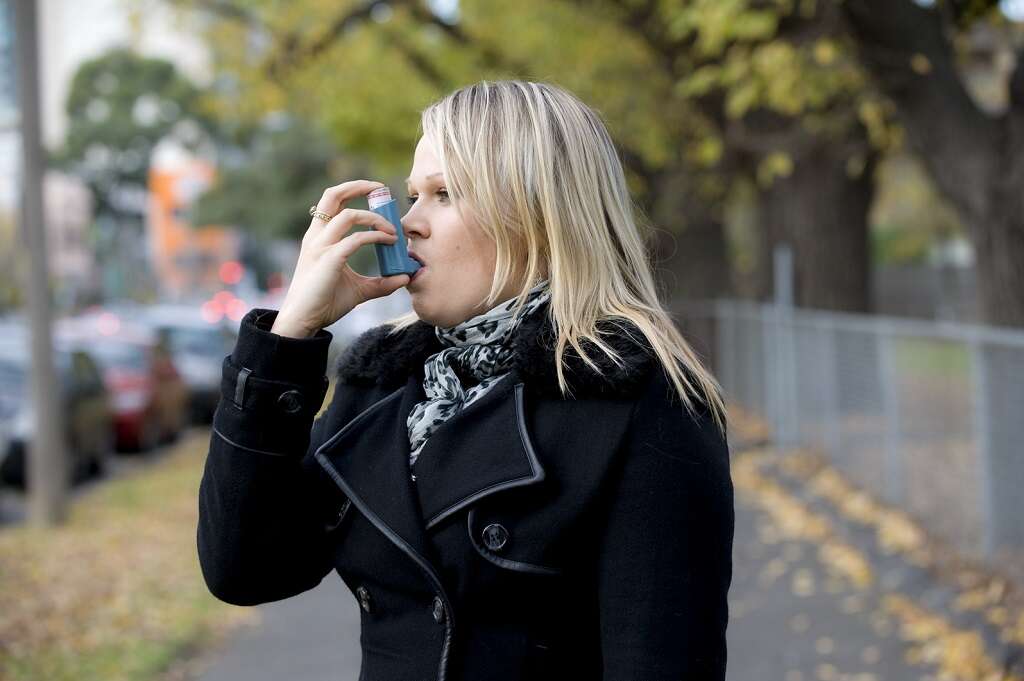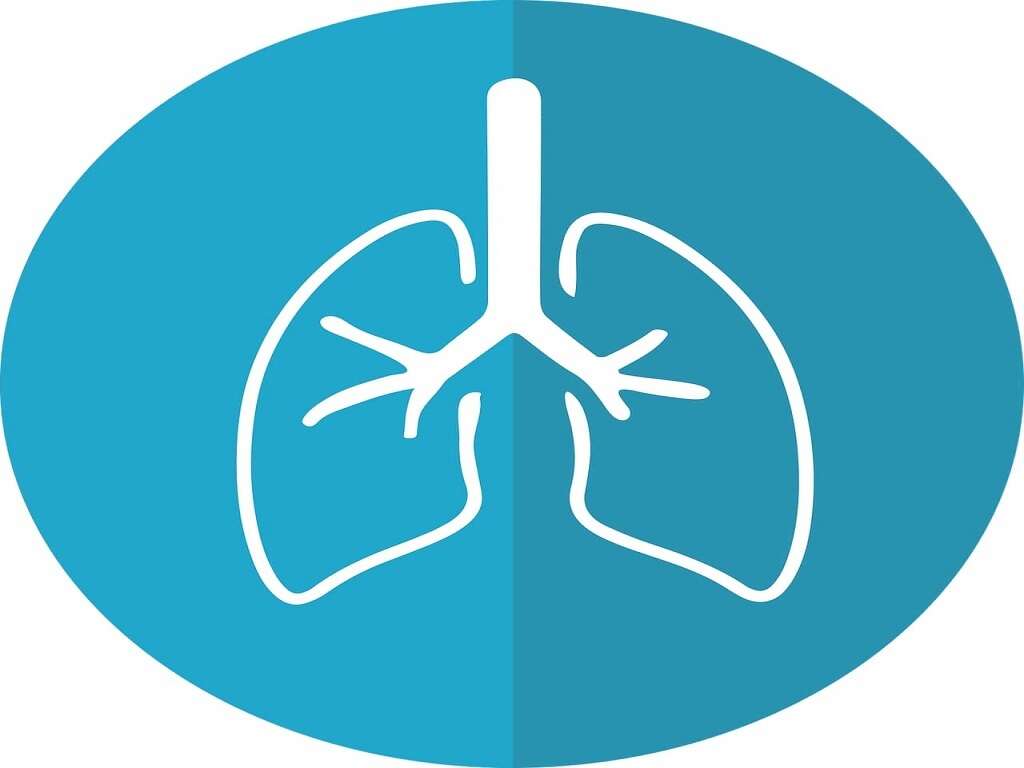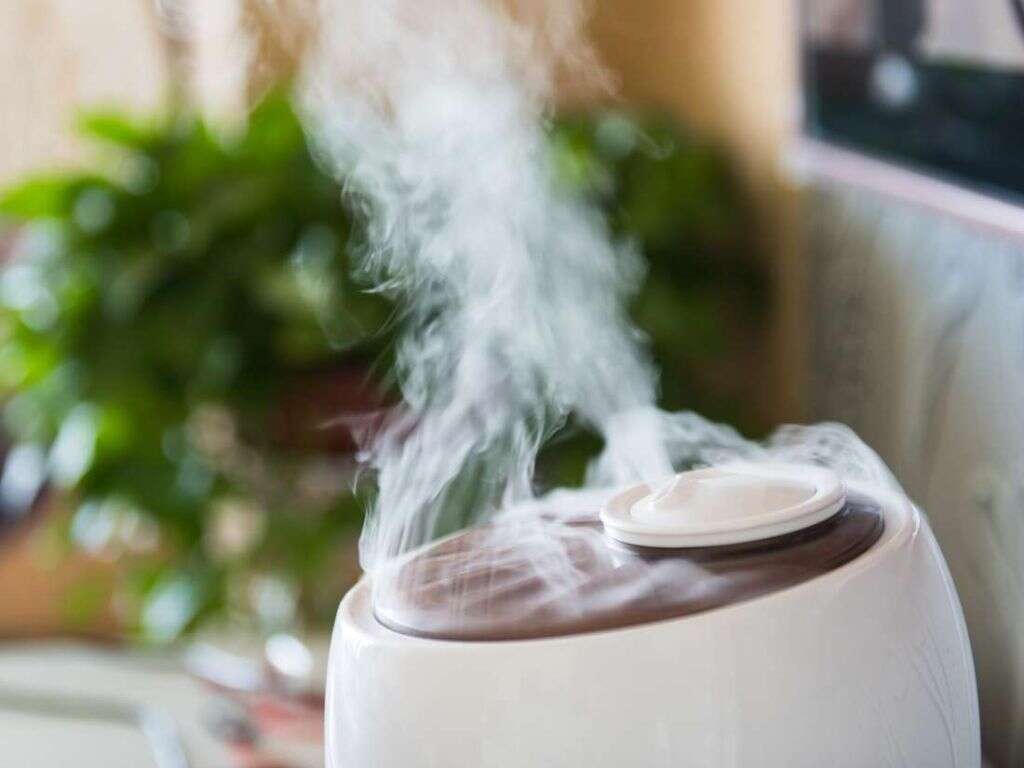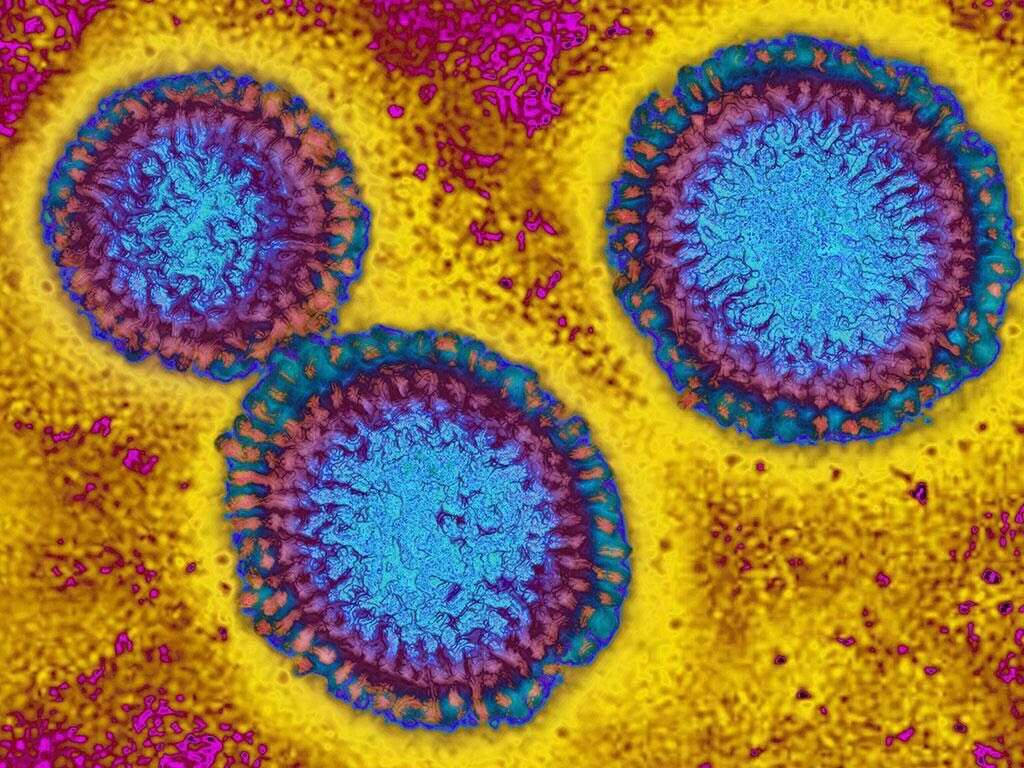10 Dry Cough Causes
 Article Sources
Article Sources
- 1. 'How Dry Winter Air Can Cause Respiratory Problems— From Bronchitis to Nosebleeds.' Health Essentials from Cleveland Clinic, 2 Sept. 2020, health.clevelandclinic.org/can-best-combat-effects-dry-winter-air/
- 2. Niimi, Akio. 'Cough and Asthma.' PubMed Central (PMC), www.ncbi.nlm.nih.gov/pmc/articles/PMC3182093/
- 3. 'GERD | Gastroesophageal Reflux Disease | MedlinePlus.' MedlinePlus - Health Information from the National Library of Medicine, medlineplus.gov/gerd.html
- 4. Chung, Kian F., and James H. Hull. 'Upper Airway Cough Syndrome.' Clinical Decision Support for Health Professionals, 13 Sept. 2018, bestpractice.bmj.com/topics/en-us/1209
- 5. Thomas, Micah, and Paul A. Bomar. 'Upper Respiratory Tract Infection - StatPearls - NCBI Bookshelf.' National Center for Biotechnology Information, 30 June 2020, www.ncbi.nlm.nih.gov/books/NBK532961/
- 6. 'Croup - Symptoms and Causes.' Mayo Clinic, 11 Apr. 2019, www.mayoclinic.org/diseases-conditions/croup/symptoms-causes/syc-20350348#
- 7. 'Warning Signs of Heart Failure.' Www.heart.org, [www.heart.org/en/health-topics/heart-failure/warning-signs-of-heart-failure.](https://www.heart.org/en/health-topics/heart-failure/warning-signs-of-heart-failure.)
- 8. Colbert, Treacy. '9 Early Signs of Lung Cancer.' Healthline, www.healthline.com/health/lung-cancer/early-signs
A dry cough is a common ailment that can happen for several reasons. Dry air, cold weather, and irritants are just a few of the causes. While it may not indicate anything serious, it's important to monitor a dry cough.
A persistent dry cough could show something more serious, such as respiratory problems. It's worth a visit to a medical professional when the cough is accompanied by wheezing, blood in the phlegm, chest pains, and discomfort. It's also worth checking into persistent dry coughing that doesn't go away after a few weeks.
Irritants
Pollen and other airborne irritants, such as chemical fumes, smoke particles, and dust, can cause the airways to react. A cough allows the body to get rid of these particles and protect the lungs. If the cough is not accompanied by phlegm, it results in a dry cough. An air purifier can provide some relief from irritants.
Dry air or air that's too hot or cold can also cause a dry cough.1‘How Dry Winter Air Can Cause Respiratory Problems— From Bronchitis to Nosebleeds.’ Health Essentials from Cleveland Clinic, 2 Sept. 2020, health.clevelandclinic.org/can-best-combat-effects-dry-winter-air/ A humidifier can bring relief as it adds moisture to the air. Throat lozenges, honey, or warm liquids may also provide relief.
Asthma
Asthma can be a debilitating condition, and treatment varies from patient to patient. One symptom is a dry cough that can be productive or unproductive. During an asthma episode, the airways narrow, which makes it difficult to breathe.
While asthma has several other, more prominent symptoms, such as wheezing and shortness of breath, there's a variant called cough variant asthma or CVA.2Niimi, Akio. ‘Cough and Asthma.’ PubMed Central (PMC), www.ncbi.nlm.nih.gov/pmc/articles/PMC3182093/ A dry cough is its most prominent symptom.

Gastroesophageal Reflux Disease or GERD
GERD is an uncomfortable condition where the esophageal sphincter doesn't close properly at the end closest to the stomach.3‘GERD | Gastroesophageal Reflux Disease | MedlinePlus.’ MedlinePlus - Health Information from the National Library of Medicine, medlineplus.gov/gerd.html This allows stomach contents, such as acid, to make their way back up the esophagus and into the throat or mouth, causing heartburn.
The heartburn triggers a dry, nonproductive cough. It's possible to have GERD without a cough. Other symptoms to look for include discomfort in the chest, a burning sensation in the throat and asthma-like symptoms.
Allergies
Coughing allows you to push things out of your lungs that shouldn't be there. With allergies, this could mean that the airways are triggered by various factors, such as pets, pollen or mold.
A dry cough caused by allergies might just be temporary and could be resolved with antihistamines. In more severe cases, a proper treatment plan is developed. Other symptoms that accompany a dry cough include a sore throat and sneezing.

Postnasal Drip
Postnasal drip is an uncomfortable sensation where the secretions from the nose drips down the throat. The slow movement can be felt and aggravates the throat enough to cause a dry cough.
Postnasal drip can indicate upper respiratory diseases, such as upper airway cough syndrome.4Chung, Kian F., and James H. Hull. ‘Upper Airway Cough Syndrome.’ Clinical Decision Support for Health Professionals, 13 Sept. 2018, bestpractice.bmj.com/topics/en-us/1209 The syndrome is a common cause of dry cough that lasts more than eight weeks. Other symptoms include an unpleasant sensation in the throat and occasional wheezing.
Upper Respiratory Infection
The infection is usually present in the upper respiratory areas, such as the nasal passages and large airways. It results in a dry cough without any evidence of pneumonia or a bronchial infection. The cough is caused by a swelling of the airways, which may make it difficult to breathe.
An example of an upper respiratory infection is the common cold. These infections account for around 20 million days of lost work and 10 million outpatient appointments annually.5Thomas, Micah, and Paul A. Bomar. ‘Upper Respiratory Tract Infection - StatPearls - NCBI Bookshelf.’ National Center for Biotechnology Information, 30 June 2020, www.ncbi.nlm.nih.gov/books/NBK532961/

Croup
Croup is a common childhood disease that's known for its bark-like cough. It's usually accompanied by a whistle-like sound during breathing. While croup isn't considered serious, it's important to monitor it. Under normal conditions, the symptoms should go away after three to five days.6‘Croup - Symptoms and Causes.’ Mayo Clinic, 11 Apr. 2019, www.mayoclinic.org/diseases-conditions/croup/symptoms-causes/syc-20350348#
More serious symptoms that may require medical attention include drooling, the high-pitched whistling sound during unlabored breathing, and difficulty breathing. It's also important to look out for cyanosis around the nose, mouth, and fingertips.
Whooping Cough
While similar to croup, whooping cough is caused by a bacterial infection and croup by a viral infection. Whooping cough, also known as pertussis, may start with mild symptoms such as the occasional cough and a stuffy nose.
The severity of the symptoms can increase to vomiting and coughing fits called paroxysms. After one of these fits, the patient may feel fatigued. It can take up to 10 weeks to heal from whooping cough.

Congestive Heart Failure
A dry cough that's unproductive and lasts more than a few weeks may show something serious. When the dry cough becomes productive and the mucus is tinged with pink, it may be cause for concern. Other symptoms that may indicate congestive heart failure include shortness of breath and edema.7‘Warning Signs of Heart Failure.’ Www.heart.org, www.heart.org/en/health-topics/heart-failure/warning-signs-of-heart-failure.
The condition can also cause fatigue and an increase in heart rate. A lack of appetite and confusion or impaired thinking are other symptoms to look out for.
Lung Cancer
A dry cough is one of the earliest signs of lung cancer. While a dry cough could result from many other things, one that is persistent and lingers for an excessive amount of time needs to be investigated.
Those who already have a chronic cough need to look out for any changes to the cough. Other symptoms that may indicate lung cancer include trouble breathing, a raspy voice, body aches, and an unusual drop in weight.










